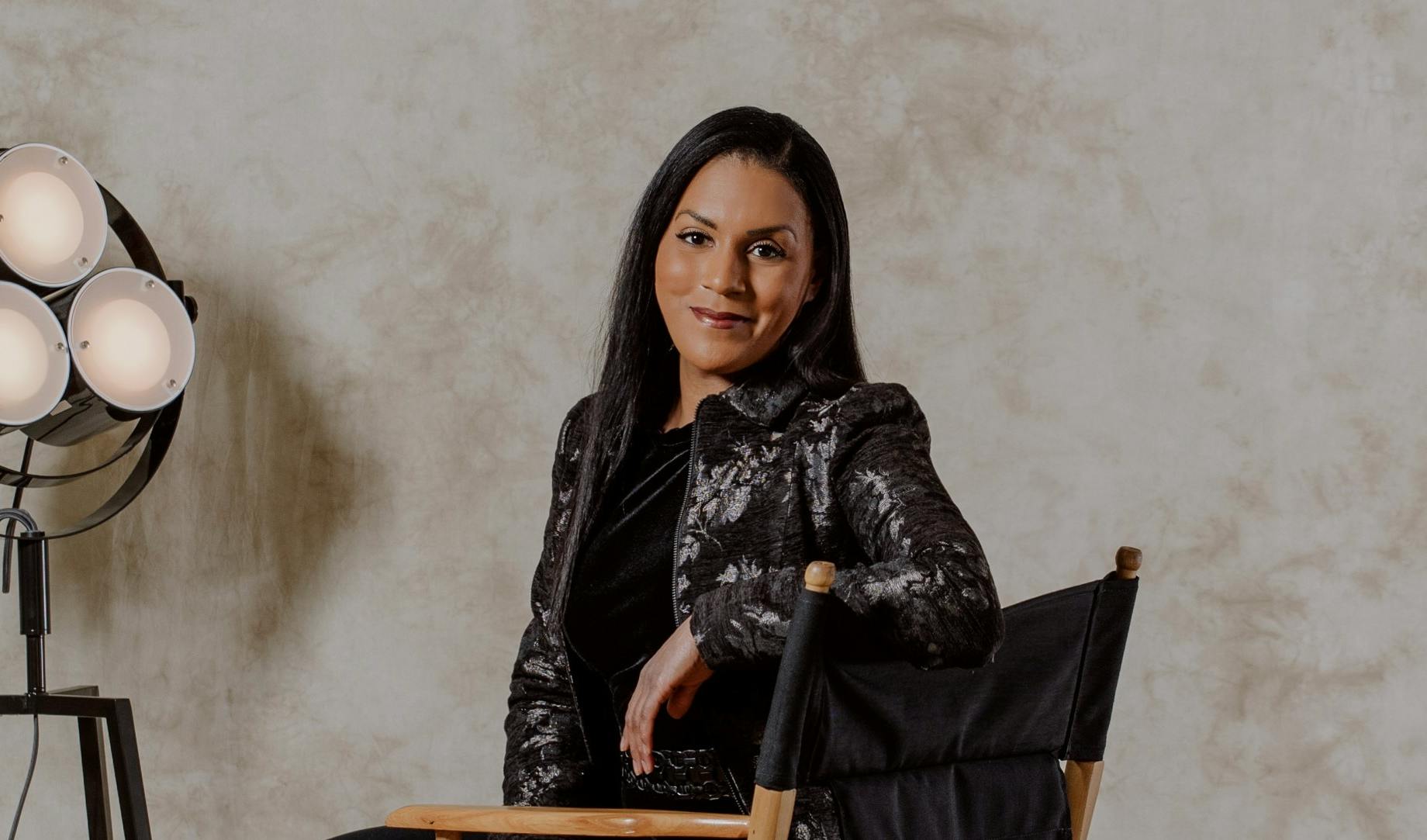
UK Deloitte Chair Nick Owen on the importance of empathy in the boardroom
The experienced board leader talks digital challenges and online board meetings
Nick Owen is the UK Chair of Deloitte. He works to deliver the firm’s strategy and ensure effective governance of Deloitte’s operations in North West Europe. Through Nurole, he recently took a new role as trustee of Macmillan Cancer Support. He spoke to us about the importance of empathy, digital thinking in the charity sector and the challenges of running a board meeting on Zoom.
What drew you to the role at Macmillan?
I have been looking to take on some non exec roles to complement my day job for some time, and I particularly wanted to do a couple in the charity sector. You look around and you try and find things that have what I call ‘long lever potential.’
Cancer is something that so many of us either suffer with personally, or we're one or two steps away from someone who's been through it. And Macmillan just has an enormous reach. I come from a medical family – I'm the only one that isn't a medic – so it just seemed like a good fit all round.
As a trustee, how do you balance being supportive and being challenging?
I don't know – I'll tell you in six months! I suspect there's always a tension there. The executive team could feel like there's interference from the board. And similarly, you could get a sense that the board isn't leaning in hard enough. I suspect that boundary is different in a profit versus not-for-profit organisation.
I think you have got to be sensitive to that, and be really careful that you don't end up creating the wrong dynamic. You've got to use that experience of having been an executive and having faced similar or analogous situations before. You have got to use a lot of empathy.
What challenges do charities like Macmillan face in embracing new technology and digital thinking?
I think charities, rightly, always have in their minds that people have given them money to spend on helping the group of people they're trying to help. So everything that gets spent on making the machine work is always questioned.
I think many charities are probably fighting that. Do I invest another pound inside the organisation? Or do I invest closer to the beneficiary? I would imagine there's always a risk you are a bit slower on some of those internal investments which can improve your ability to efficiently, effectively and productively help the customer.
How can boards best help their organisations navigate these uncertain times?
In one respect, I don't think the board's role is any different in peacetime or wartime – it's still there to do the same basic things.
But I do think the nuance changes. I suspect everyone's had a very good look at the financial arrangements, the debt covenants etc. Then I think there's a key challenge about how you’re reaching the people you're trying to help, or your customers in a private sector organisation.
Have you got the most efficient and effective way of delivering for them? And are things changing in the way they're consuming the service, the advice, the product, or whatever, that means you need to think about changes in your operating model?
I think organisations are a bit like organisms. I'm a big believer in Darwin's theory. It's not necessarily the biggest, the strongest, the most financially well-resourced organisations that are the winners. It tends to be organisations that are the most adaptable to their changing environment, that can turn change to their advantage.
What are the key characteristics that make a good Chair?
Firstly, the word we talked about earlier – empathy. Both with your executive team and with your board colleagues, really understanding what they can bring to the party.
I always think of the chair as the conductor of the board orchestra. It’s like a good symphony – you tend to recruit a really good first violinist, and percussion, and so on and so forth. But it is someone's job to make sure they don’t all just play their own tune.
It has to be orchestrated, but it can’t be too tight. You don't want it to be scripted – you've got to allow it to run its course, and really go down a few rabbit holes, but not spend too long down them.
Do you have to run online board meetings in a different way?
I think there are certain aspects of what a board does that you might conclude are more effective over Zoom, particularly where there's a load of high-level updates and information sharing.
The challenge is how to get a debate. Because of the technology, people tend not to interrupt – they tend to say their piece when they've got the mic and then sit back. Those items on a board agenda that require much more discussion, conversation, a bit of rolling around in the facts, that’s much harder on Zoom. It’s harder to create a flow.
I also think you've got to find a way of recreating some of the spaces that sit around an ordinary board meeting that allow for impromptu conversations – when you’re queuing up for a cup of coffee, or when you're walking out the room for lunch. There's lots of ad hoc conversations in and around a board meeting, and often there are as many value points in those conversations as there are in the agenda.
How important is board diversity and what benefits does it bring?
I think you are after cognitive diversity – that's the thing to focus on. And I think you get that cognitive diversity because of all sorts of things – a different upbringing, a different socio-economic background, a different cultural background, a different school and university experience. There are all sorts of things that shape the way you think.
I sometimes get a bit frustrated when we describe a wrapper that might go around someone and we then get very preoccupied about the wrapper rather than the cognitive diversity.
I think it's really important that people focus on what they're trying to get represented around the table. Because I do believe, fundamentally, that with that cognitive diversity you tend to get a richer set of perspectives being brought to any decision or action, you get more creativity and you get more ideas.
Nurole is the global platform changing the way organisations bring the best people on to their boards. Find out how it works for talented people looking for the best board level positions, and for organisations looking to hire the best board level talent.





